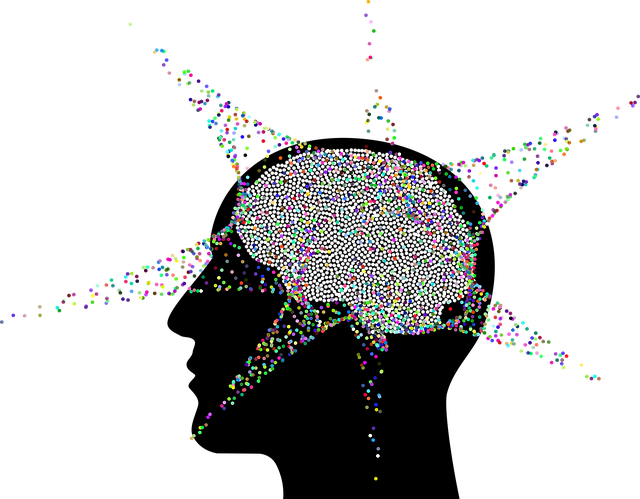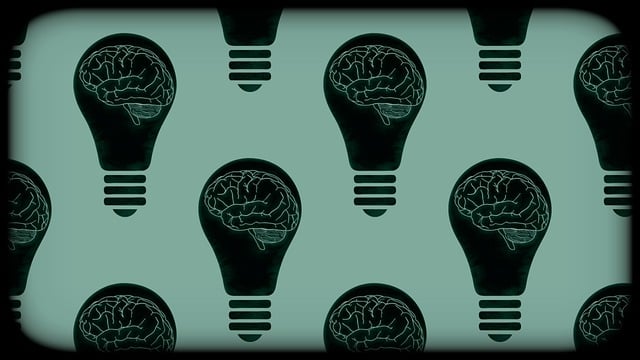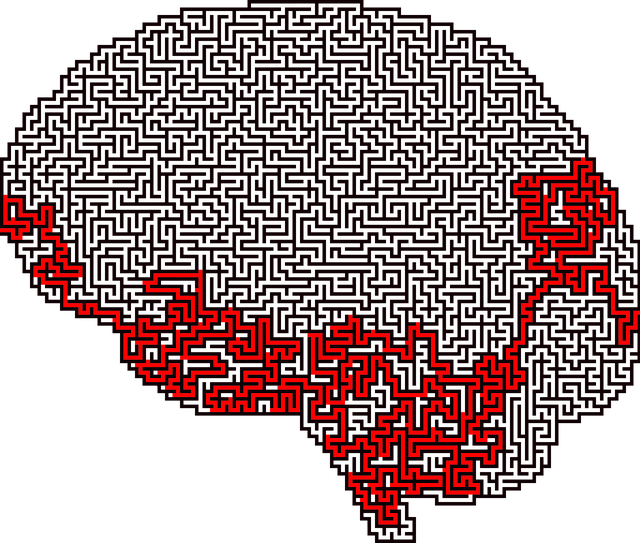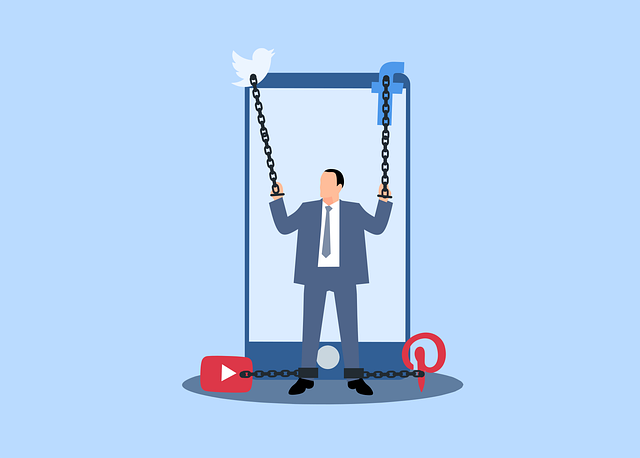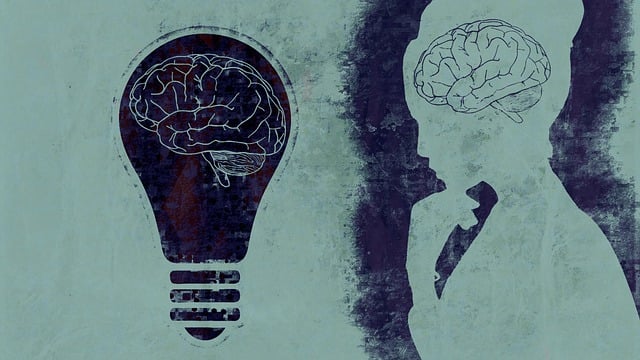Mental wellness groups, like those offered by Northglenn Anxiety Therapy, create safe spaces for individuals to connect, share experiences, and learn coping mechanisms for anxiety, depression, or stress. Skilled facilitators guide open discussions and structured activities, fostering camaraderie, building resilience, and enhancing overall mental wellness through community support and encouragement.
Mental wellness group facilitation is a powerful tool for fostering connection, building coping skills, and promoting healing. This comprehensive guide explores effective techniques for facilitators working within Northglenn Anxiety Therapy settings. We delve into the art of group dynamic management, uncovering strategies to address common challenges while fostering open communication. Discover active listening methods, empathy-building techniques, and engaging activities designed to enhance mental wellness in a supportive group environment.
- Understanding Mental Wellness Groups
- – Define group facilitation and its benefits in mental wellness contexts.
- – Discuss common challenges and facilitators' roles in managing these.
Understanding Mental Wellness Groups

Mental wellness groups offer a unique and powerful environment for individuals to connect, support each other, and navigate their emotional healing processes. These groups are carefully facilitated to create a safe space where members can openly discuss their experiences, challenges, and successes related to various mental health topics, such as anxiety, depression, or stress management. The dynamic between group members fosters camaraderie and a sense of belonging, which is crucial for individuals seeking support outside traditional therapy settings, like Northglenn Anxiety Therapy.
Group facilitation techniques play a pivotal role in harnessing the collective energy of the participants. Skilled facilitators employ strategies such as active listening, guided discussions, and interactive activities to enhance emotional well-being promotion techniques. By engaging in Social Skills Training and incorporating various Emotional Healing Processes, these groups empower members with new coping mechanisms, build resilience, and ultimately contribute to improved mental wellness.
– Define group facilitation and its benefits in mental wellness contexts.

Group facilitation is a powerful approach in mental wellness care, offering a supportive and collaborative environment for individuals seeking support. It involves a skilled facilitator who guides and encourages participants to actively engage in discussions, share experiences, and learn from one another. This dynamic process fosters a sense of community, enhances social connections, and promotes emotional well-being.
In the context of Northglenn Anxiety Therapy or similar mental wellness services, group facilitation techniques prove invaluable. By facilitating open dialogue and creating a safe space, facilitators help individuals build coping strategies for anxiety, depression, or stress management. The interactive nature of these sessions, often incorporating communication strategies and development techniques, allows members to gain new insights, challenge negative thoughts, and develop effective problem-solving skills. This collective approach not only benefits the individual but also contributes to a supportive network where peers can offer encouragement and understanding.
– Discuss common challenges and facilitators' roles in managing these.

Group facilitation plays a pivotal role in enhancing mental wellness, offering a supportive space for individuals to navigate challenges like anxiety and build resilience. Facilitators, often trained professionals like those at Northglenn Anxiety Therapy, face unique tasks. They must create an inclusive environment where every member feels heard, fostering open dialogue despite diverse backgrounds and experiences. This involves active listening, understanding non-verbal cues, and promoting empathy among participants.
A common challenge is managing emotional intensity during group sessions. Facilitators act as guides, helping individuals process intense emotions healthily. They employ various techniques, such as structured discussions, mindfulness exercises, and confidence-boosting activities from the Mental Wellness Podcast Series Production, to create a safe haven for expression. By addressing underlying issues and providing tools for Anxiety Relief, facilitators enable members to build self-confidence and improve their overall well-being.
Mental wellness groups facilitated by skilled professionals, such as those practiced at Northglenn Anxiety Therapy, offer a supportive environment for individuals to share experiences and gain insights. By addressing common challenges through active participation and group dynamics, facilitators play a crucial role in fostering meaningful connections and enhancing overall mental well-being. These techniques not only complement individual therapy but also empower group members with coping strategies and a sense of community.


